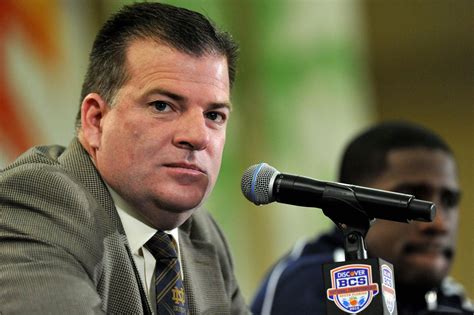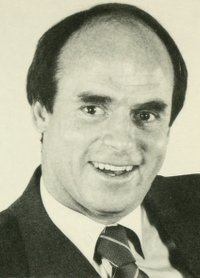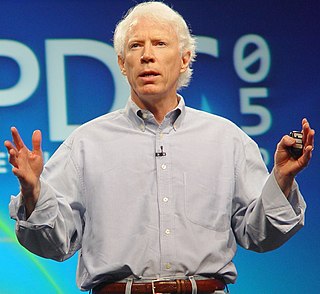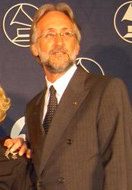A Quote by Chuck Martin
Examples of selling of ideas are portrayed in consulting or paid advice, as the pricing of intellectual property is market driven.
Related Quotes
We have a market-driven society so obsessed with buying and selling and obsessed with power and pleasure and property, it doesn't leave a whole lot of time for non-market values and non-market activity so that love and trust and justice, concern for the poor, that's being pushed to the margins, and you can see it.
Baker has done it again! Building on the core principles that he advanced in Professional's Guide to Value Pricing and The Firm of the Future, Ron Baker has again evolved thought leadership on the critical dynamics of value and pricing. Baker's latest work, Pricing on Purpose: Creating and Capturing Value, provides real-world examples and practical strategies that provide a framework for pricing optimization. His clarity of purpose and passionate call to action resonates in today's intellectual capital economy.
The alternative to intellectual property is straightforward: intellectual products should not be owned, as in the case of everyday language. That means not owned by individuals, corporations, governments, or the community as common property. It means that ideas are available to be used by anyone who wants to.
As I understand it, I am being paid only for my work in arranging the words; my property is that arrangement. The thoughts in this book, on the contrary, are not mine. They came freely to me, and I give them freely away. I have no "intellectual property," and I think that all claimants to such property are theives.





































